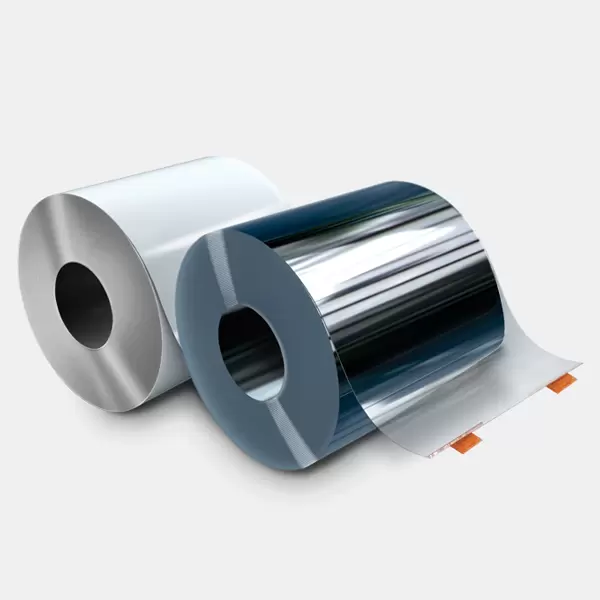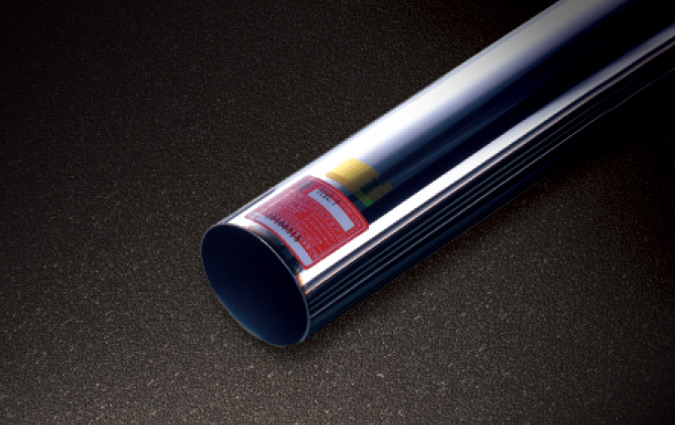Waterproofing materials play a crucial role in protecting structures from water damage, ensuring their longevity and structural integrity. With a myriad of options available in the market, it can be challenging to determine the best waterproofing material. In this article, we will delve into the depths of various waterproofing materials, their properties, and applications to unveil the unrivaled champion - the ultimate no. 1 waterproofing material.
- Understanding the Key Criteria for Evaluating Waterproofing Materials:
To identify the top waterproofing material, it is essential to consider several key criteria, including durability, flexibility, ease of application, cost-effectiveness, and environmental impact. By analyzing these factors, we can determine which material excels in all aspects. - The Versatility of Polyurethane: A Leading Contender:
Polyurethane, a synthetic polymer, has emerged as a leading contender in the waterproofing industry. Its exceptional durability, flexibility, and resistance to various environmental conditions make it an ideal choice for a wide range of applications. From roofs and basements to tunnels and bridges, polyurethane offers long-lasting protection against water infiltration. - The Power of Bituminous Membranes: A Time-Tested Solution:
Bituminous membranes have stood the test of time and remain a popular choice for waterproofing. Composed of asphalt or coal tar, these membranes provide excellent waterproofing capabilities, especially in areas prone to heavy rainfall or extreme weather conditions. Their affordability and ease of installation make them a preferred choice for both residential and commercial projects. - The Revolutionary Advancements of Liquid Rubber:
Liquid rubber, a relatively new entrant in the waterproofing arena, has gained significant attention due to its exceptional sealing properties. This versatile material can be applied to various surfaces, including concrete, metal, and wood, forming a seamless, impermeable barrier against water intrusion. Its ease of application and ability to conform to complex shapes make it a game-changer in the industry. - The Unbeatable Performance of Bentonite Clay:
For below-grade waterproofing, bentonite clay has proven to be an unparalleled solution. When hydrated, this natural material swells, creating an impermeable barrier that prevents water penetration. Bentonite clay excels in areas with high water tables or where traditional waterproofing methods may not be feasible. Its eco-friendly nature further adds to its appeal.
Conclusion:
After a comprehensive analysis of various waterproofing materials, it is clear that each material possesses unique qualities and excels in specific applications. However, when considering the overall performance, versatility, and environmental impact, polyurethane emerges as the no. 1 waterproofing material. Its exceptional durability, flexibility, and resistance to diverse conditions make it the ultimate choice for ensuring long-lasting protection against water damage in various structures.





+ There are no comments
Add yours